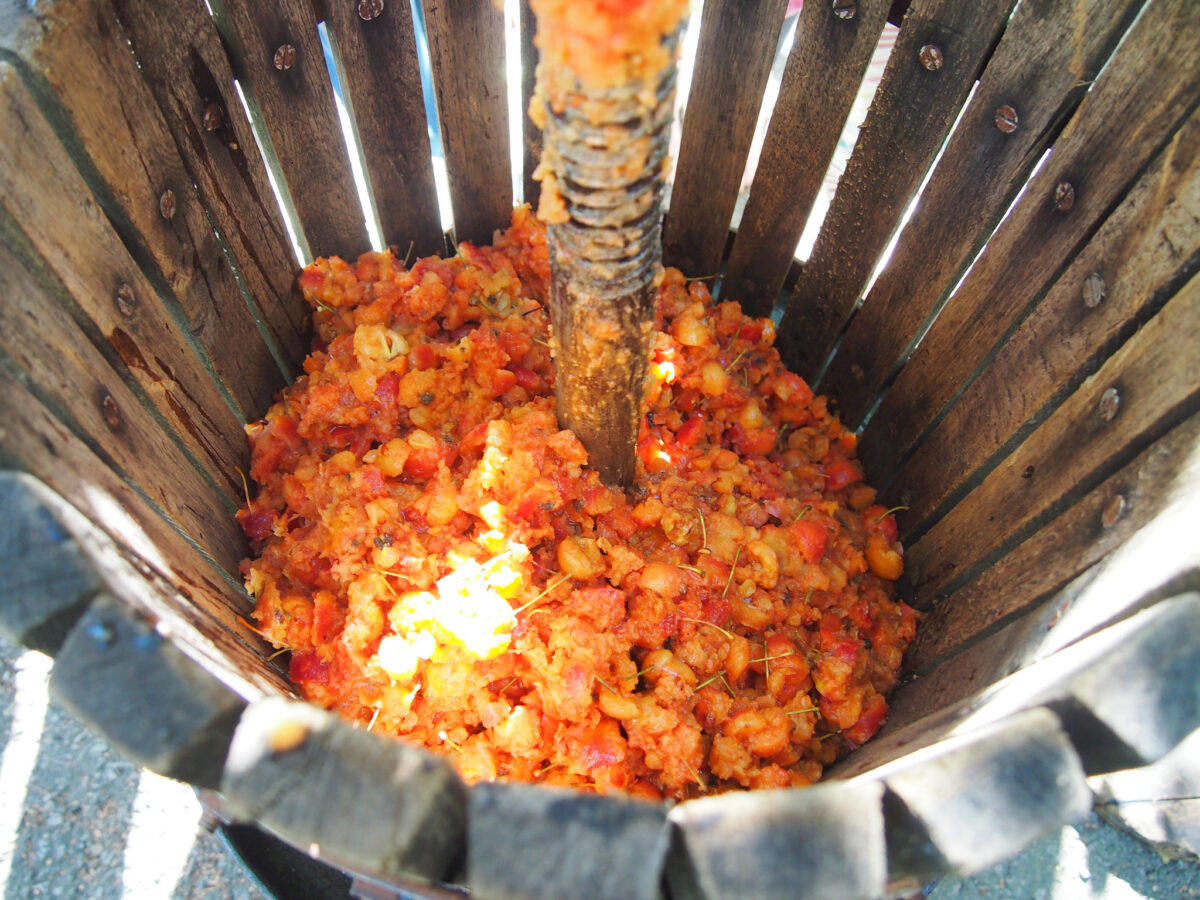Greener solvents help get more value out of apple waste

University of Adelaide researchers have found a greener and more effective way to extract beneficial compounds from apple waste.
According to a statement from the university, the research used “Deep Eutectic Solvents” as an alternative to toxic organic solvents, which are currently the main way to extract “flavonoids” from the leftovers of crushed apples.
These beneficial compounds are described as having antioxidant, antibacterial, anti-diabetes and anti-inflammatory properties.
“We can conclude that DES is a green and tuneable alternative that not only efficiently collects powerful healthy molecules found in apple pomace, but also boosts the antioxidant activity of the extract,” said Professor Vincent Bulone of the university’s School of Agriculture, Food and Wine, and co-author/supervisor of the work, published in the journal Green Chemistry.
“Not only do DES provide a more environmentally friendly way to make better use of what would otherwise go to waste, but the collection method may provide a way to improve skincare, biopharmaceuticals and nutraceuticals.”
DES is non-flammable, has negligible volatility and is inexpensive, according to the university.
Researcher Dr Long Yu added that only about a fifth of apple waste — pomace is a combination of seeds, skins and pulp — is salvaged currently and used as animal feed. The rest is incinerated or goes into landfill or composting, where it releases the powerful greenhouse gas methane as it decomposes.
“Extracting the ‘goodness’ from apple pomace is one way to make better use of this waste product and could help the apple processing industry become more sustainable,” said Yu.
Picture: www.theonixcorp.com/apple-pomace-systems
Subscribe to our free @AuManufacturing newsletter here.
Topics Manufacturing News
@aumanufacturing Sections
Analysis and Commentary Awards casino reviews Defence Gambling Manufacturing News Online Casino Podcast Technology Videos

